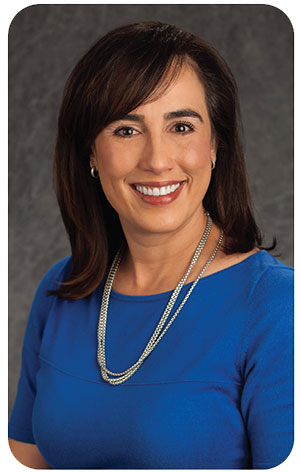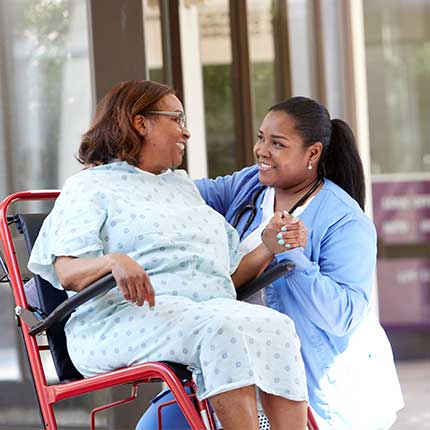Welcome

Thank you for choosing Carondelet Health Network and trusting us with your care. Our team of physicians, nurses, and healthcare providers is dedicated to providing you and your family with exceptional care and outstanding
service. The safety standards at Carondelet Health Network were developed with key principles in mind to maximize safety, maintain vigilance of all risks, create separate care pathways and take a multi-factor approach to maintaining a safe environment
for patients and visitors.
Carondelet Health Network is proud of the legacy we built in Southern Arizona providing care to our community and investing in our region for more than 142 years. Our footprint consists of five access points, committed to providing high-quality care close
to home.
Our Carondelet St. Joseph’s Hospital is home to the Carondelet Neurological Institute, offering one of the largest and most comprehensive facilities in Southern Arizona dedicated to the diagnosis and treatment of neurological injuries and disorders.
We recently celebrated the opening of our new Interventional Radiology Lab for our Comprehensive Stroke Center. The investment signifies our focus to providing the highest level of care to stroke patients in our community. In our commitment to advance
care, St. Joseph’s Hospital was proudly designated as a Level 1 Trauma Center in 2020, ensuring our ability to offer the highest level of care for patients suffering a traumatic injury.
Our Carondelet St. Mary’s Hospital, is Arizona’s first hospital, founded in 1880. St. Mary’s Hospital is home to the Carondelet Heart and Vascular Institute, offering high-quality cardiac and vascular care. Our minimally invasive surgical
techniques are one of the many reasons why we are a leader in heart care in Tucson and Southern Arizona. St. Mary’s opened the first Wound Care Center in Tucson in 1996 and last year we were excited to unveil our newly renovated space for our
Wound Care Center, nearly doubling our treatment rooms. Ensuring our community has access to advanced wound care is an achievement that adds to Carondelet Health Network’s rich history.
Our Carondelet Holy Cross Hospital is in Nogales, Arizona, and is the only inpatient medical center in Santa Cruz County. Holy Cross is a cornerstone of the community providing much needed services in emergency care, general surgery, and labor and delivery
services.
We continue to expand services with our latest additions in Marana Hospital and St. Raphael Emergency Center. Marana Hospital is a community hospital focused on providing quality medical care, conveniently and efficiently. St. Raphael’s
Emergency Center provides access to high quality medical care to the growing southeast region of Tucson.
Thank you again for choosing Carondelet Health Network. It is a privilege to serve you.
Respectfully,
Monica Vargas
Market Chief Executive Officer
Carondelet Health Network



